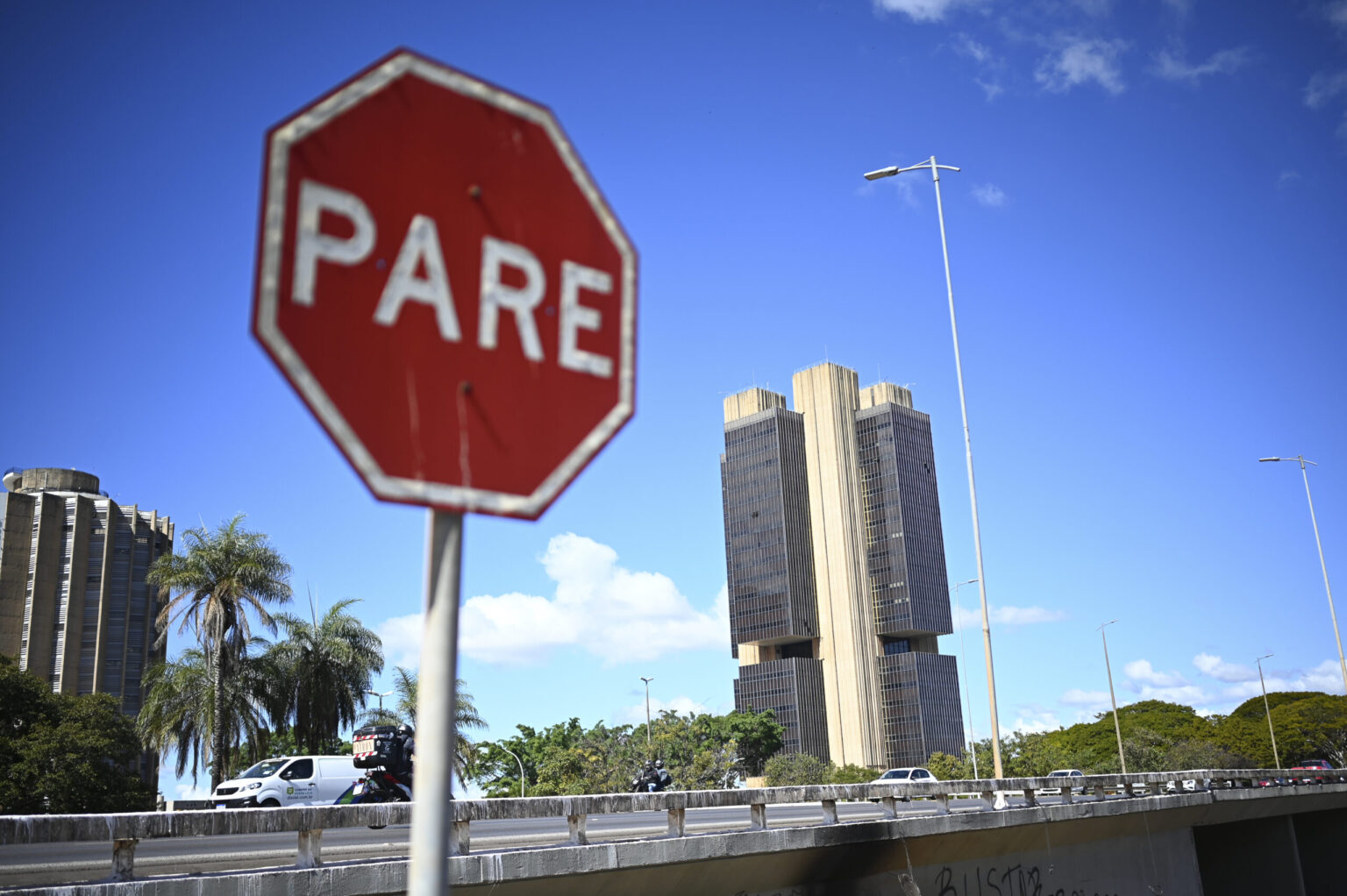Brazilian Central Bank Maintains Benchmark Interest Rate Amid Renewed Political Tensions
By Fabiziolla | June 19, 2024 | 7 min read
In a widely anticipated move, the Brazilian Central Bank’s Monetary Policy Committee has opted to keep the benchmark interest rate steady at 10.5 percent, a unanimous decision among its nine members. This decision comes in the wake of a controversial May meeting, where the committee was narrowly split 5-4 in favor of a modest rate cut, reflecting a deepening rift between the appointees of former far-right President Jair Bolsonaro and those selected by incumbent President Luiz Inácio Lula da Silva. The division has inadvertently introduced a politically charged dimension to the central bank’s decision-making process.
“The market was paying close attention to how the committee would vote, hoping to see a united front in the quest to re-anchor long-term inflation expectations,” stated Gustavo Sung, chief economist at investment firm Suno Research, in an interview with The Brazilian Report.
The recent policy decision has not escaped scrutiny from government officials and allies. On the eve of the rate announcement, President Lula escalated his critique of the Central Bank and its chairman, Roberto Campos Neto, during a radio interview with CBN. “Brazil cannot continue with a prohibitive interest rate for investment in the productive sector. Inflation is completely under control. Let’s work based on what’s real in the present,” Lula asserted.
Since assuming office in January 2023, Lula’s administration has repeatedly criticized Mr. Campos Neto, alleging that he harbors a concealed political agenda. Tensions spiked following Mr. Campos Neto’s acceptance of honors from São Paulo Governor Tarcísio de Freitas, a protégé of former President Bolsonaro and a potential contender in the 2026 presidential election.
In a pointed remark on Tuesday, Lula questioned Mr. Campos Neto’s independence: “Who is this guy submitting to? How does he go to a party in São Paulo, as if assuming his desire to land a position in the São Paulo government? Where is his autonomy?”
The situation recalls historical precedents in Brazilian politics, where economic policy and political agendas have frequently intersected. For instance, during the era of hyperinflation in the early 1990s, President Fernando Collor de Mello’s drastic economic measures were often viewed through a political lens, evidencing the longstanding nexus between economic stewardship and political maneuvering in Brazil.
The evolving dynamic between the Brazilian executive and the Central Bank underscores a broader debate about the independence of financial institutions and the pressures exerted by political environments—a theme that resonates globally as nations navigate the complex landscape of economic policymaking and governance.
For further details, visit the original article on The Brazilian Report.
Source: The Brazilian Report
